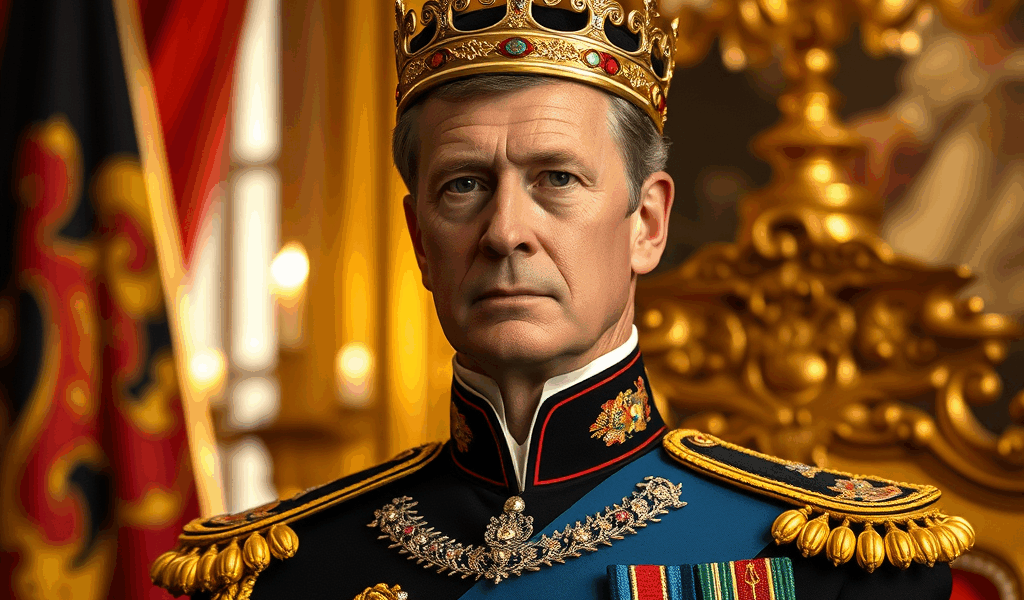The Monarchy of Belgium
04.06.2025Introduction to the Belgian Monarchy
The monarchy of Belgium is a constitutional and hereditary institution that plays a significant role in the nation’s history and governance. The King of Belgium acts as the head of state, embodying the unity and continuity of the country. The current monarch, King Philippe, ascended the throne on July 21, 2013.
The Role of the King
The King of Belgium has several important functions:
- Symbolic Role: The king symbolizes the unity and identity of the nation. He represents Belgium in official functions both domestically and abroad.
- Consultative Role: Although the king’s powers are largely ceremonial, he plays a consultative role in the formation of government and the legislative process. The king appoints the Prime Minister and other ministers based on political negotiations and election results.
- Diplomatic Role: The king represents Belgium in international affairs, strengthening diplomatic relations and promoting Belgian interests abroad.
The King’s Duties
While the king does not have legislative powers, he is involved in several key duties:
- Addressing the Nation: The king delivers speeches on national holidays and during significant events, conveying messages of national unity and solidarity.
- Presiding Over Ceremonies: The king participates in various civil and military ceremonies, honoring individuals and groups for their contributions to society.
- Supporting Charities: The royal family is involved in numerous charitable and cultural initiatives, promoting social welfare and cultural heritage.
Historical Context
The Kingdom of Belgium was established in 1830, following its independence from the Netherlands. The first king, Leopold I, was installed in 1831. Since then, Belgium has seen several monarchs, each contributing to the nation’s development and international stature. The monarchy has evolved over time to adapt to Belgium’s changing political landscape, including the shift to a federal state with multiple linguistic communities.
Conclusion
The King of Belgium, as a constitutional monarch, plays a pivotal role in maintaining the nation’s heritage and fostering a sense of unity among its diverse population. While his powers are limited, the king’s influence extends through his symbolic, consultative, and diplomatic roles, ensuring that the monarchy remains a vital part of Belgium’s identity.

